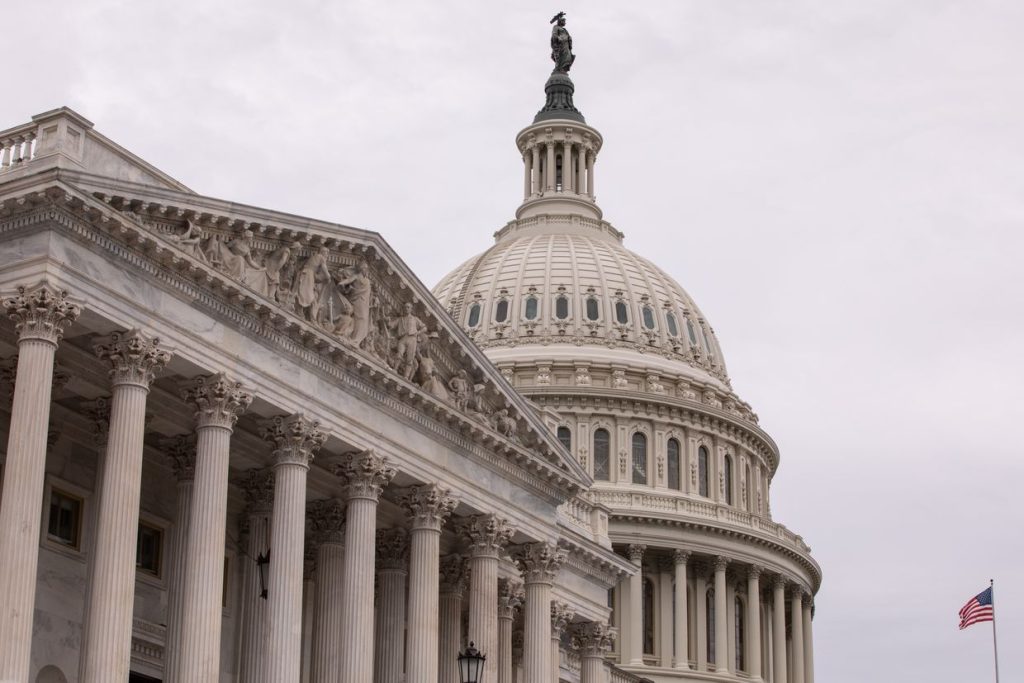The U.S. House of Representatives passed a bill on April 20 that would allow frozen Russian assets held in the U.S. to be seized and transferred to Ukraine. The bill also includes sanctions on Iran and a potential ban on TikTok. Additionally, the House approved a foreign aid package of almost $61 billion to assist Ukraine. These bills will now need to be voted on by the Senate before being sent to President Joe Biden for signing. The approved measure will enable the executive branch to use immobilized Russian assets to help Ukraine’s defense and recovery efforts.
A majority of the frozen Russian central bank assets are held in the European Union, with the U.S. holding around $5 billion worth of assets out of the total of $300 billion frozen by Ukraine’s Western allies. While some countries, like the U.S., are pushing to funnel these funds directly to Kyiv, European nations have been more cautious due to economic and legal concerns. The EU is working on a plan to use the profits from the frozen assets to provide defense assistance for Ukraine. This move aligns with a recent resolution passed by the Parliamentary Assembly of the Council of Europe, which unanimously called for seizing frozen Russian assets and using them to create a new fund for Ukraine’s reconstruction.
The Financial Times has reported that Ukraine may receive up to 3 billion euros from the profits of frozen Russian assets as early as July. This funding could provide significant support for Ukraine’s reconstruction efforts following the conflict with Russia. The passing of the foreign aid package by the U.S. House of Representatives comes after months of political infighting and a deteriorating situation on the battlefield in Ukraine. The approval of this measure demonstrates a commitment to supporting Ukraine, Israel, and other allies in the region.
The U.S. House’s decision to pass the bill allowing the seizure and transfer of frozen Russian assets to Ukraine highlights a strong stance against Russian aggression. The bill not only provides financial support to Ukraine but also includes measures that aim to deter other adversaries, such as Iran. The potential nationwide ban on TikTok also shows a commitment to addressing national security concerns in various dimensions. The funds from the seized Russian assets could significantly contribute to Ukraine’s defense and reconstruction efforts, providing much-needed support in the aftermath of the conflict.
The passage of the key foreign aid package by the U.S. House of Representatives marks a significant step in supporting Ukraine and other allies in the region. The allocation of almost $61 billion in aid demonstrates a commitment to assisting Ukraine in its defense and recovery efforts. The decision to allow the seizure of frozen Russian assets further emphasizes the U.S.’s solidarity with Ukraine in the face of Russian aggression. The support from the international community, as evidenced by the resolution passed by the Parliamentary Assembly of the Council of Europe, is crucial in helping Ukraine rebuild and recover from the conflict with Russia. The potential funds from the frozen assets could provide substantial assistance to Ukraine in its reconstruction process.















